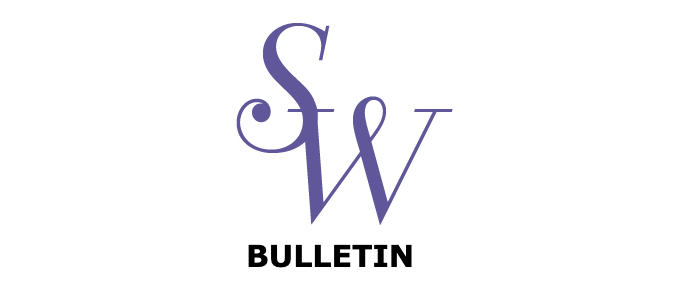Post-COVID Mediations: To Zoom or Not to Zoom?
If you ask an employment mediator how many in-person mediations they have conducted since March 2020, chances are they can count the number on two hands. In fact, until recently, all of my mediations since the start of the pandemic had taken place over Zoom. I, like many other attorneys and mediators, had learned through experience that Zoom mediations can be just as effective as in-person mediations. But now that I have conducted several mediations in person at the parties’ request, I have a newfound appreciation for the power of an in-person mediation in certain cases. The benefits are not confined to the tasty snacks and free lunch:
- If your opponent requests an in-person mediation, it’s a good bet they will be more comfortable in person, and a more comfortable opponent often translates to a more effective and successful mediation;
- In-person mediations facilitate more face-to-face interactions, which, for some individuals, may make it easier to build trust in the mediator and the mediation process;
- While screen sharing is an option, some evidence is easier to review and more impactful when it is presented physically;
- In-person mediations present fewer opportunities for distraction, often leading to more focused participants and more thoughtful positions;
- Your opponent may be less likely to walk out of the mediation early if he or she has invested time and money to get there; and
- Body language is easier to read in-person.
That said, the advantages of mediating via Zoom are undeniable:
- Some individuals (parties and attorneys) are more comfortable mediating from their homes and offices, which, as noted above, can make a mediation more effective;
- Zoom mediation makes it easy for parties to participate from anywhere, which not only reduces travel and lodging expenses, but also makes it easier to schedule the mediation; and
- Full-day mediations involve a fair amount of downtime for each party while the mediator is spending time in the other “room”; virtual mediations may make it easier to get other tasks done during the downtime.
So which is right for your case? Before scheduling your next mediation, keep these considerations in mind when deciding which format best suits your case, client, and opponent. You may be surprised at the answer.
If you would like to schedule an in-person or virtual mediation with me, please contact Candace Yang at cyang@swattys.com.

